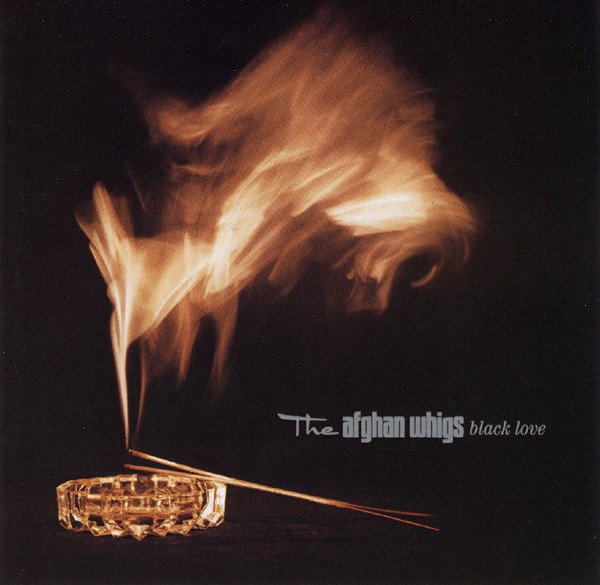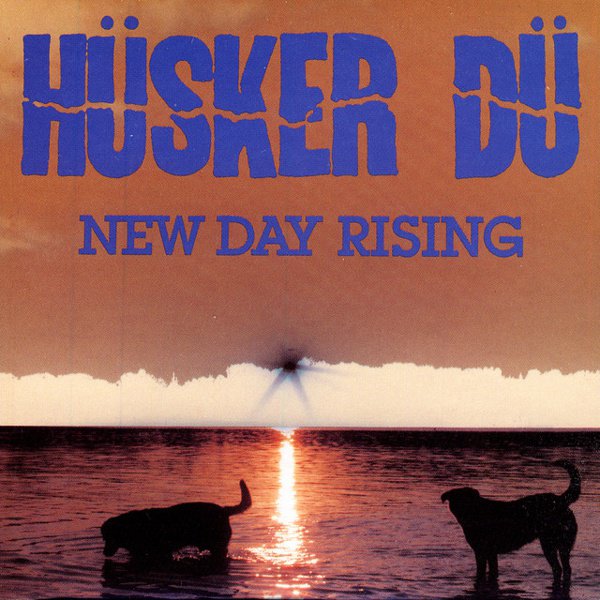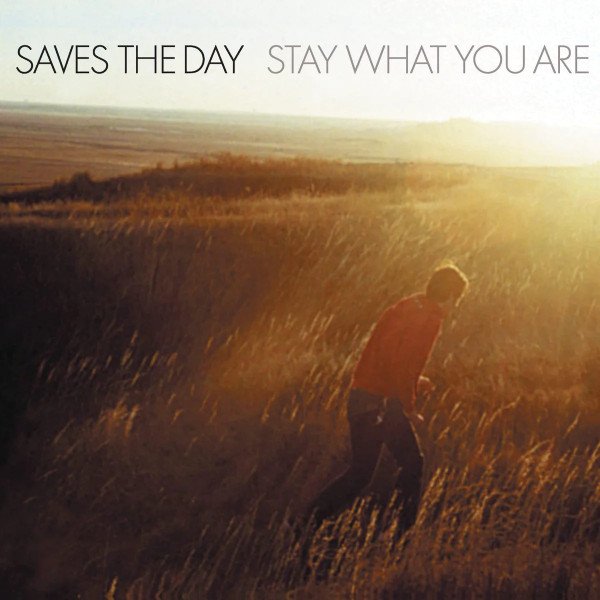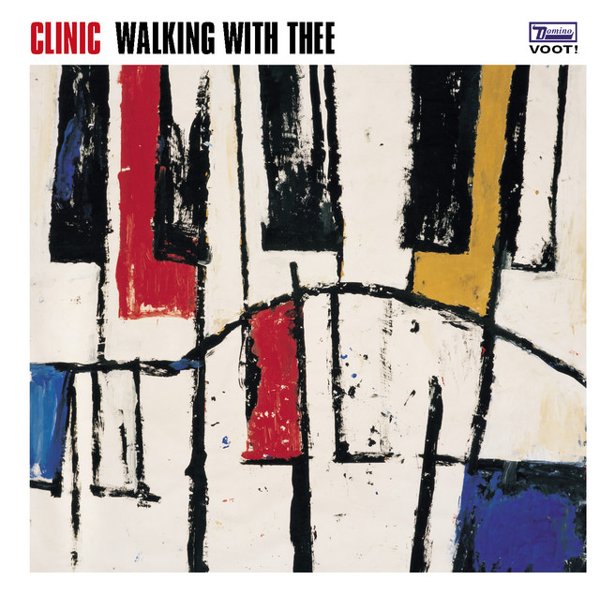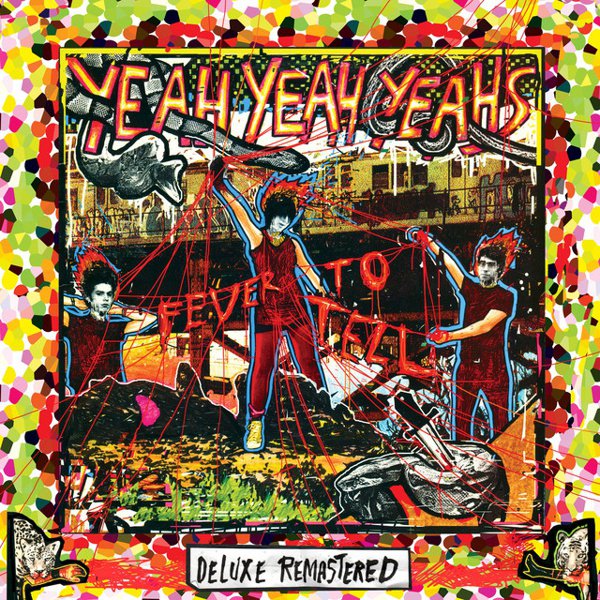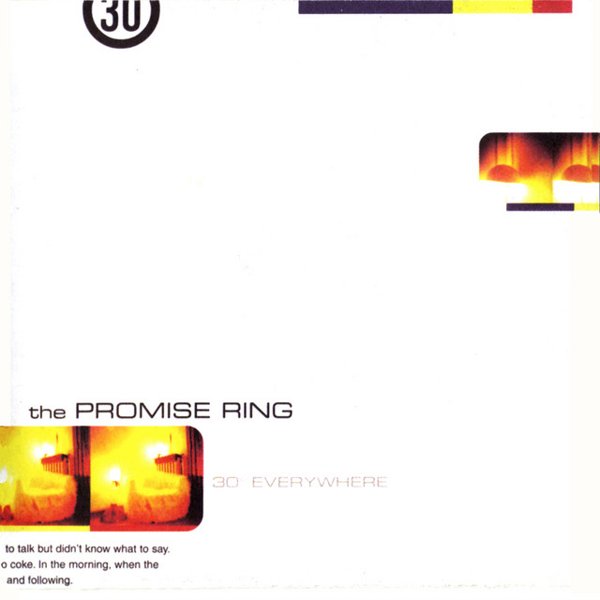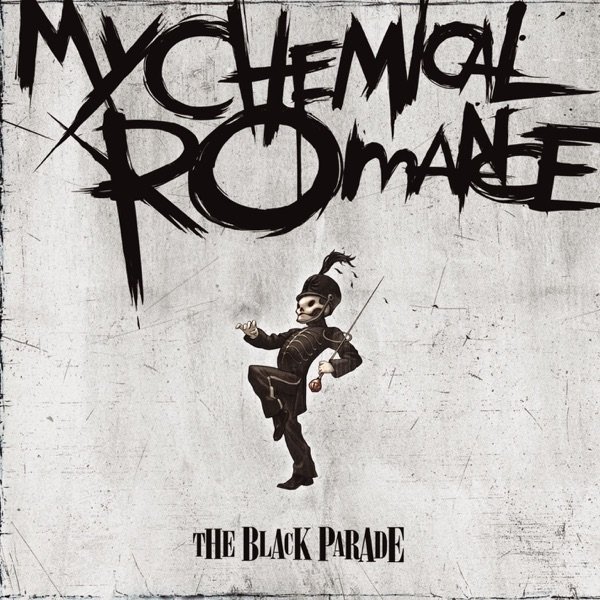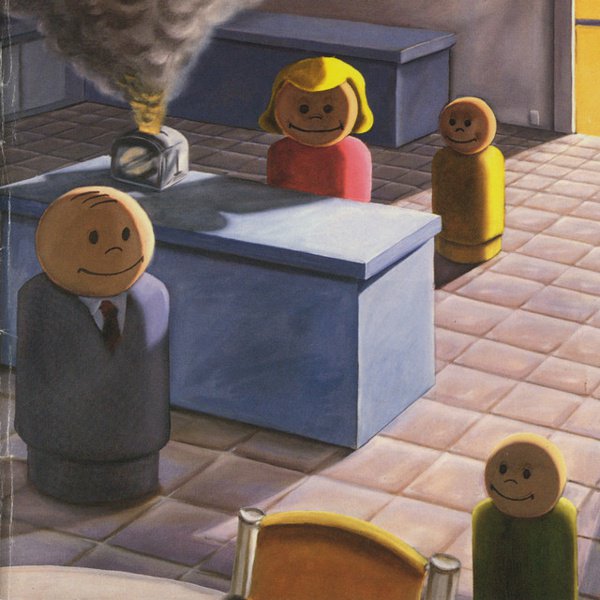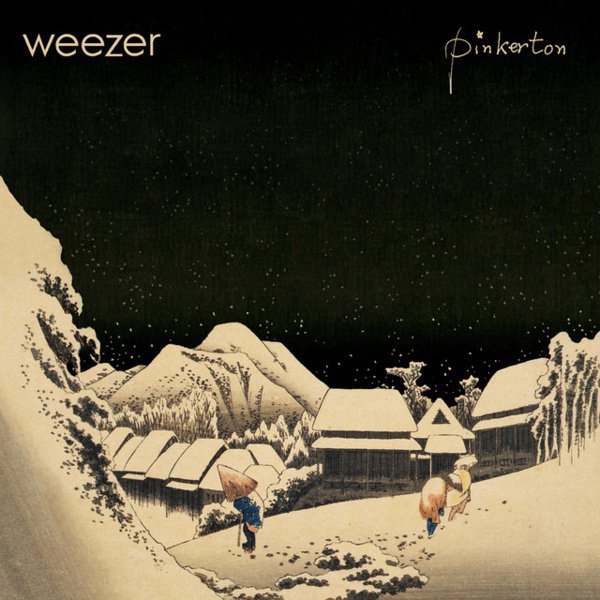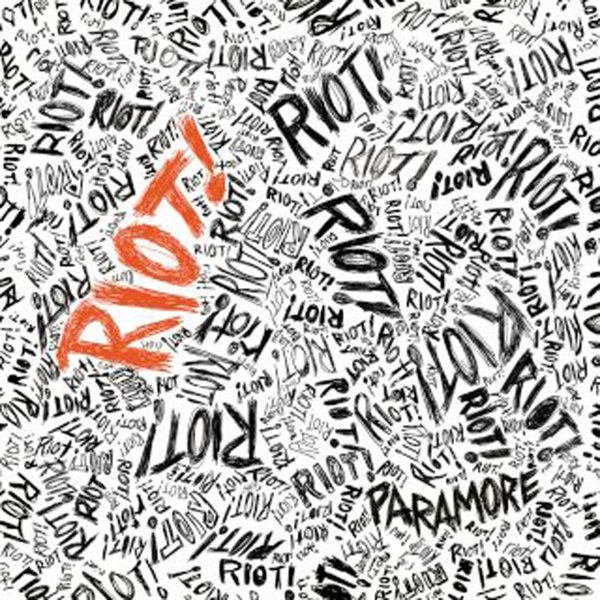Black Love
Out of all the bands from the US indie rock underground that gained visibility due to the success of Nirvana and grunge in the early 1990s, The Afghan Whigs were virtually unique in their incorporation of Black soul music, often using wah-wah guitar lines or syncopated beats to temper and diversify their dense and claustrophobic rock and roll psychodramas. On Black Love the Ohio quartet fully embraced the form rather than just its signifiers.
By 1996, they seemed poised for a mainstream breakthrough, and the anti-pop orthodoxy of the first wave of commercial alt-rock bands seemed to have died with Kurt Cobain. But it wasn’t to be – Black Love would fail in the marketplace, and it’s no shocker why. For singer Greg Dulli, soul music also meant dragging your soul across hot coals, and his reference points on songs like “Double Day” are the tortured southern sounds of James Carr or Otis Redding. Single “Going to Town” had a disco-funk claptrack machine beat, but it hewed closer to indie rock agony than soul music ache. “Faded” was another highlight, an epic that made plain its debt to “Purple Rain.” A pair of the strongest tracks used only the intense drama of R&B to propel the most exciting rock and roll the group had attempted yet and the soaring “Crime Scene Pt. 1” and “Summer’s Kiss” finally let some light in The Afghan Whigs’ palace of misery.

